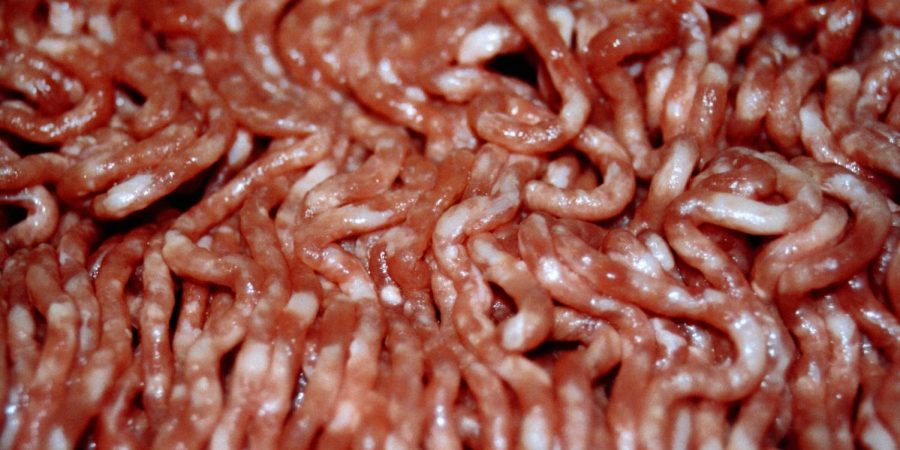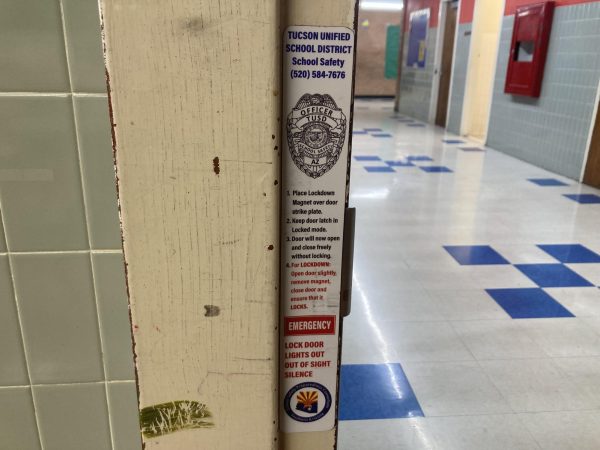Meat, is it worth it?
https://www.habitatforhorses.org/what-researchers-found-in-u-s-ground-meat-products-will-completely-gross-you-out/
August 12, 2019
Most of the U.S. population is accustomed to a meat based diet. As a matter of fact, Americans eat about 200 pounds of meat per year. But can it be harmful? Researchers have been asking this question for years. Many scientists are starting to say we may have to reconsider our food choices.
The American Cancer Society says; “Twenty-two experts from 10 countries reviewed more than 800 studies to reach their conclusions. They found that eating 50 grams of processed meat every day increased the risk of colorectal cancer by 18%. That’s the equivalent of about 4 strips of bacon or 1 hot dog. For red meat, there was evidence of increased risk of colorectal, pancreatic, and prostate cancer.” It is important to differentiate between processed and unprocessed meat. Processed meat is classified as a carcinogenic. Meat in its essence is not harmful at all, in fact it contains many necessary minerals and vitamins that most plants don’t have. Although, eating too much meat can lead to serious health problems. The average American eats about 280 grams per day compared to the recommended 50-70 grams per day. Over consumption of processed meat can be a prelude to a variety of diseases such as strokes, heart disease, diabetes, heart failure, obesity,and acne.
Aside from the health concerns, meat production greatly affects our environment. Meat production is a large contributor of global warming. Beef has the worst impact because of inefficiency of production. Transportation, water consumption, and feed all contribute to higher carbon emissions. In addition, livestock feed contributes to a shortage of agricultural products that could be used for human consumption. For example, it takes 52.8 gallons of water and 74.5 square feet of land for one hamburger. Another issue with the cattle industry is the over use of antibiotics. Due to the overcrowded living conditions, the livestock get sick very easily. So, they are fed a cocktail of antibiotics, which spreads antibiotic resistance which will eventually affect humans, therefore, making us susceptible to superbugs.
While meat products which come from animals are necessary to maintain our food resources, it shouldn’t be part of the farming process to treat animals inhumanely. The livestock are kept in poor living conditions, stuck in cages or in rooms that are so overcrowded that it prohibits movement. Workers are outnumbered by the livestock, so many injuries or illnesses go unnoticed or ignored.
Some things you can do to make a difference are: buying from local vendors, cut down meat consumption(red meat especially), and be mindful of the benefits of fruits and veggies! To assure the quality of your food, be sure to research food labels and their true meaning. Ultimately the quality of your food falls on your shoulders.




















